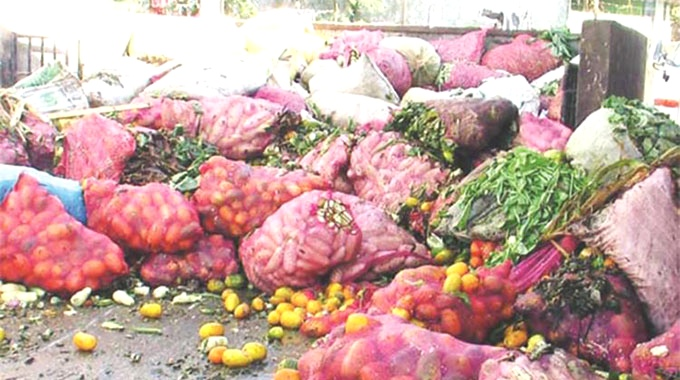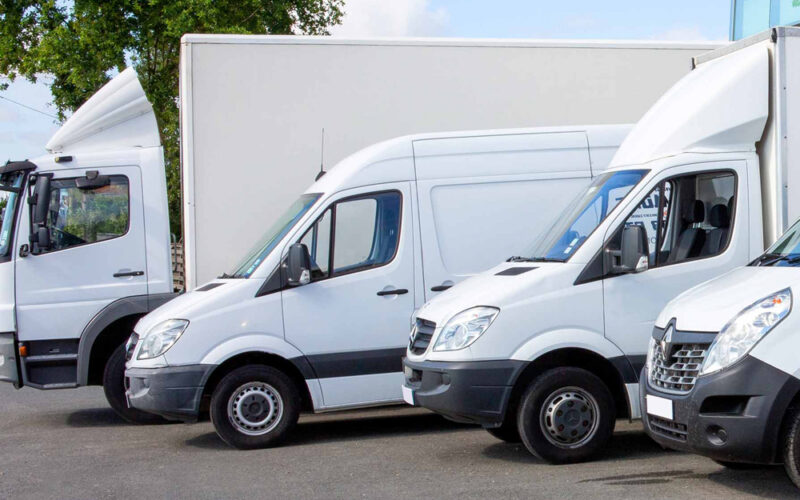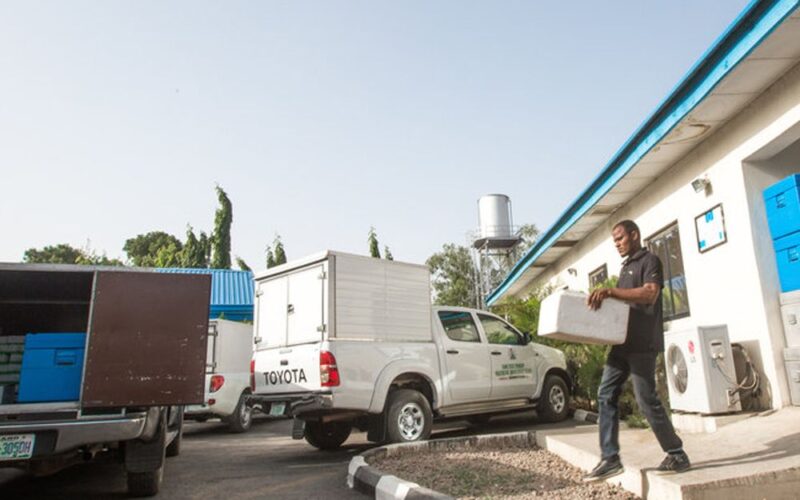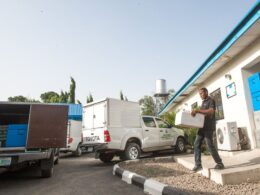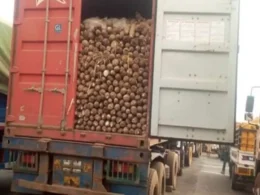Africa, a continent blessed with vast arable land and a burgeoning population, paradoxically grapples with a severe food crisis. A staggering 40% of the continent’s food production goes to waste before reaching consumers, a stark contrast to the global average of one-third of food loss. This translates to approximately 83 million tons of food wasted annually, equivalent to the combined food production of South Africa, Kenya, and Ethiopia.
The implications are dire. Despite being a net food producer, Africa is heavily reliant on food aid, a situation that has persisted for over three decades. An estimated 282 million Africans – a fifth of the population – face food insecurity. This crisis is further exacerbated by a rapidly growing population, projected to double by 2050.
The Economic and Environmental Toll of Food Loss
Beyond the humanitarian crisis, food loss imposes significant economic and environmental costs. An estimated $48 billion is lost annually due to post-harvest losses in sub-Saharan Africa alone. This financial burden hinders investment in agriculture and rural development. Moreover, the wasted food represents a misallocation of scarce resources, including land, water, and energy.
The environmental impact is equally concerning. Food decomposition in landfills releases methane, a potent greenhouse gas contributing to climate change. Additionally, the cultivation of crops that ultimately go to waste consumes valuable natural resources and contributes to deforestation.

Nigeria: A Case Study in Food Loss
Nigeria, Africa’s most populous nation, exemplifies the challenges of food loss. The country’s agricultural sector, despite its potential, faces substantial post-harvest losses estimated at $10 billion annually. This translates to millions of hungry people while food rots in fields and warehouses.
Key factors contributing to food loss in Nigeria include:
- Post-harvest losses: Inefficient harvesting, handling, and storage practices lead to significant product deterioration. For instance, cassava, a staple food, suffers losses of up to 50% due to improper handling.
- Infrastructure deficits: Inadequate transportation networks, especially in rural areas, hinder the timely movement of perishable goods. This is particularly evident during the rainy season when roads become impassable.
- Limited cold chain facilities: The absence of cold storage infrastructure for perishable products accelerates spoilage. Less than 10% of Nigerian farmers have access to cold storage, resulting in substantial losses of fruits, vegetables, and dairy products.
- Market inefficiencies: Poor market linkages and price volatility create disincentives for farmers to invest in quality production and post-harvest handling. Middlemen often exploit farmers, leading to low returns and discouraging agricultural investment.
The Role of Logistics in Mitigating Food Loss
Efficient logistics is a cornerstone of food security. By optimizing transportation and distribution networks, logistics can significantly reduce food loss.
- Reduced transit times: Minimizing the time perishable goods spend in transit is crucial to preserving quality and preventing spoilage. For example, a reduction in transit time from farm to market by just one day can lead to a 10% decrease in tomato losses.
- Improved market access: Connecting farmers to wider markets increases their income and ensures a consistent food supply. This helps to reduce overproduction in certain areas and shortages in others.
- Enhanced food distribution: Efficient distribution systems ensure that food reaches those who need it most, reducing waste and hunger.
- Cold chain optimization: Integrating cold chain solutions into logistics operations is essential for preserving perishable products. For example, using temperature-controlled trucks and warehouses can extend the shelf life of fruits and vegetables by several days.
Coche Ride: Driving Change in the Food Supply Chain
Coche Ride is at the forefront of transforming the food supply chain in Africa. By providing efficient transportation and logistics solutions, we are directly addressing the challenges of food loss.
Our focus on:
- Direct farmer partnerships: Eliminating intermediaries empowers farmers to earn higher incomes and invest in improved production practices.
- Cold chain logistics: Our fleet of temperature-controlled vehicles ensures the safe transportation of perishable goods.
- Route optimization: Advanced technology enables us to minimize transit times and reduce fuel consumption.
- Data-driven insights: Our platform provides real-time data on market trends, enabling farmers and businesses to make informed decisions.
By optimizing the movement of food from farm to fork, Coche Ride is contributing to a more sustainable and food-secure Africa.
Coche Ride’s Solution: A Direct Path to Plenty
Coche Ride is disrupting the traditional food supply chain by establishing direct connections between farmers and markets. By eliminating intermediaries, we empower farmers to command better prices for their produce while ensuring consumers access fresh, affordable food.
Our logistics platform offers:
- Efficient Transportation: Our advanced technology optimizes routes, reducing transit times and minimizing food spoilage.
- Capacity Building: We provide farmers with opportunities on best practices in post-harvest handling and packaging to enhance product quality.
- Market Access: We connect farmers to wider markets, expanding their customer base and increasing their income.
Tackling Food Scarcity and High Prices
By streamlining the food supply chain, Coche Ride is directly addressing the twin challenges of food scarcity and high prices. Our approach yields several benefits:
- Increased Farmer Income: By cutting out middlemen, farmers retain a larger share of the revenue, incentivizing increased production.
- Reduced Food Waste: Efficient transportation and cold chain logistics minimize post-harvest losses, ensuring more food reaches consumers.
- Lower Food Prices: The elimination of intermediaries and reduced transportation costs translate to lower prices for consumers.
- Improved Food Security: A more efficient food supply chain enhances food availability and affordability, contributing to overall food security.

The Imperative of Coche Ride Cold Chain Trucks
The implementation of robust cold chains is paramount in mitigating food loss, particularly for perishable products. Cold chains encompass the entire temperature-controlled supply chain, from the farm to the consumer’s table. By maintaining optimal storage and transportation conditions, cold chains significantly extend the shelf life of fruits, vegetables, meat, and dairy products.
Key components of a functional cold chain include:
- Pre-cooling: Rapidly cooling produce after harvest to remove field heat.
- Storage: Maintaining low temperatures in warehouses and distribution centers.
- Transportation: Using refrigerated vehicles for efficient and safe product movement.
- Retail: Providing refrigerated display cases and proper handling practices.
Investing in cold chain infrastructure and technology is essential for reducing post-harvest losses, improving food quality, and expanding market access for farmers.

The Road Ahead
Tackling the food loss crisis requires a comprehensive approach. Improving agricultural practices, investing in storage infrastructure, and raising consumer awareness are essential components. Alongside these efforts, optimizing transportation logistics, as offered by platforms like Coche Ride, can significantly impact food availability and accessibility.
Addressing food loss is not merely an agricultural challenge but a complex issue with far-reaching implications for economic growth, nutrition, and social stability. By working together, governments, businesses, and communities can build a more sustainable and food-secure Africa.
Key priorities include:
- Investment in agricultural infrastructure: Building storage facilities, processing plants, and transportation networks.
- Promotion of cold chain development: Providing incentives and support for cold chain investments.
- Capacity building for farmers: Training farmers in good agricultural practices and post-harvest handling.
- Market development: Creating enabling environments for agricultural businesses and promoting market linkages.
- Public-private partnerships: Fostering collaboration to leverage resources and expertise.
By adopting a multi-faceted approach that combines technology, infrastructure development, and policy reforms, Africa can significantly reduce food loss and enhance food security for its growing population.
A Sustainable Future
Coche Ride is committed to building a sustainable food system. By working closely with farmers and adopting environmentally friendly practices, we aim to create a positive impact on both people and the planet. Our vision is to transform Africa’s agricultural landscape, ensuring that every citizen has access to nutritious and affordable food.
Through our innovative logistics solutions and unwavering dedication to our partners, Coche Ride is leading the charge toward a food-secure Africa.
References


